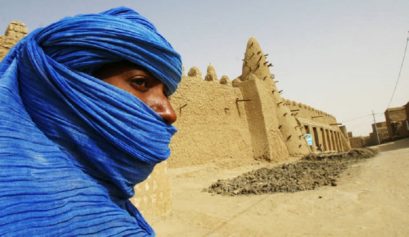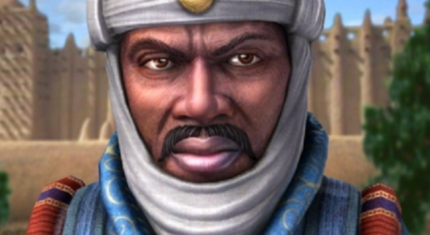As the world hears reports of political instability in countries such as Mali, most of the coverage focuses on armed conflicts, people fleeing their homes and governments being toppled, but not enough attention has been given to an equally important sector of the Malian economy: Tourism.
The religious-based campaign waged by Islamist rebels put them in control of two-thirds of the country, by some estimates. Cities such as Timbuktu, Djenné, Mopti and the capital city of Bamako have traditionally been huge draws for tourists from the U.S., Britain and France. But now they sit empty, looking like ghost towns as the “toubabs” — as the Malians call white people — are advised by their governments to stay away.
In Djenné, widely considered one of the oldest and most beautiful towns in West Africa, thousands of tourists came every year to see the fascinating mud-brick architecture. Now nearly every restaurant and hotel in Djenné is shuttered. From a peak of 30,000 tourists in 2005, there were only a couple dozen tourists in the past year, devastating the thousands of people in the town whose living is connected to the tourism industry.
“We can’t feed our families,” Badou Magai, a guide in Djenné for the past 10 years, told the Canadian-based Globe and Mail. “We’re suffering greatly. Everyone has gone away.”
Magai says he used to see as many as 600 tourists a day at peak season, as the tourists flocked to see the world’s biggest mud-brick building, the famed Grande Mosqueé, a masterpiece that UNESCO declared a world heritage site, and the town’s labyrinth of ancient homes, in addition to one of Africa’s most famous markets.
Just days after the United Nations last month approved the training of a force of West African soldiers to try to retake rebel territory, the fighters showed their contempt and disregard for the U.N. action by continuing their destruction of historic mausoleums in Timbuktu.
The rebels claim that the mausoleums are an affront to Allah and they continued acts they began over the summer.
“Not a single mausoleum will remain in Timbuktu, Allah doesn’t like it,” Abou Dardar, leader of the Ansar Dine group, told the French news service AFP. “We are in the process of smashing all the hidden mausoleums in the area.”
Catherine Ashton, the European Union’s foreign policy chief, condemned the destruction.
She was “deeply shocked by the brutal destruction of mausoleums and holy shrines in Timbuktu,” according to a statement from her office.
“Their destruction is a tragedy not only for the people of Mali, but for the whole world,” the statement said.
Since Mali’s president Amadou Toumani Toure was ousted in March, the north and east of the country have been under the control of Tuareg rebels and militias linked to al-Qaida.
Under international pressure to try to stabilize Mali and stop al-Qaida-connected terrorist groups from spreading to other countries and into Europe, the UN Security Council approved plans last month for European nations to train a force of West African troops to secure the region — though analysts aren’t hopeful that such an effort has any chance of succeeding.
Until recently, Mali was a shining light in Africa, with 5 percent annual economic growth over the last 10 years and thriving gold and cotton industries. But the rebels killed all of that.
“It’s hell,” said Ahmadou Cissé, a guide in Djenné supporting 12 family members on his rapidly declining income. His family can only afford one meal a day.
In Bamako, hotels such as the ritzy Azalai Grand have closed or laid off staff. In the Marché de N’Golonina, where artisans sell crafts along one main alley, there is little trade. “Two shops have closed in this market,” 37-year-old necklace maker Hamidou Dramera told The Economist. “It’s difficult. There is no activity.”


